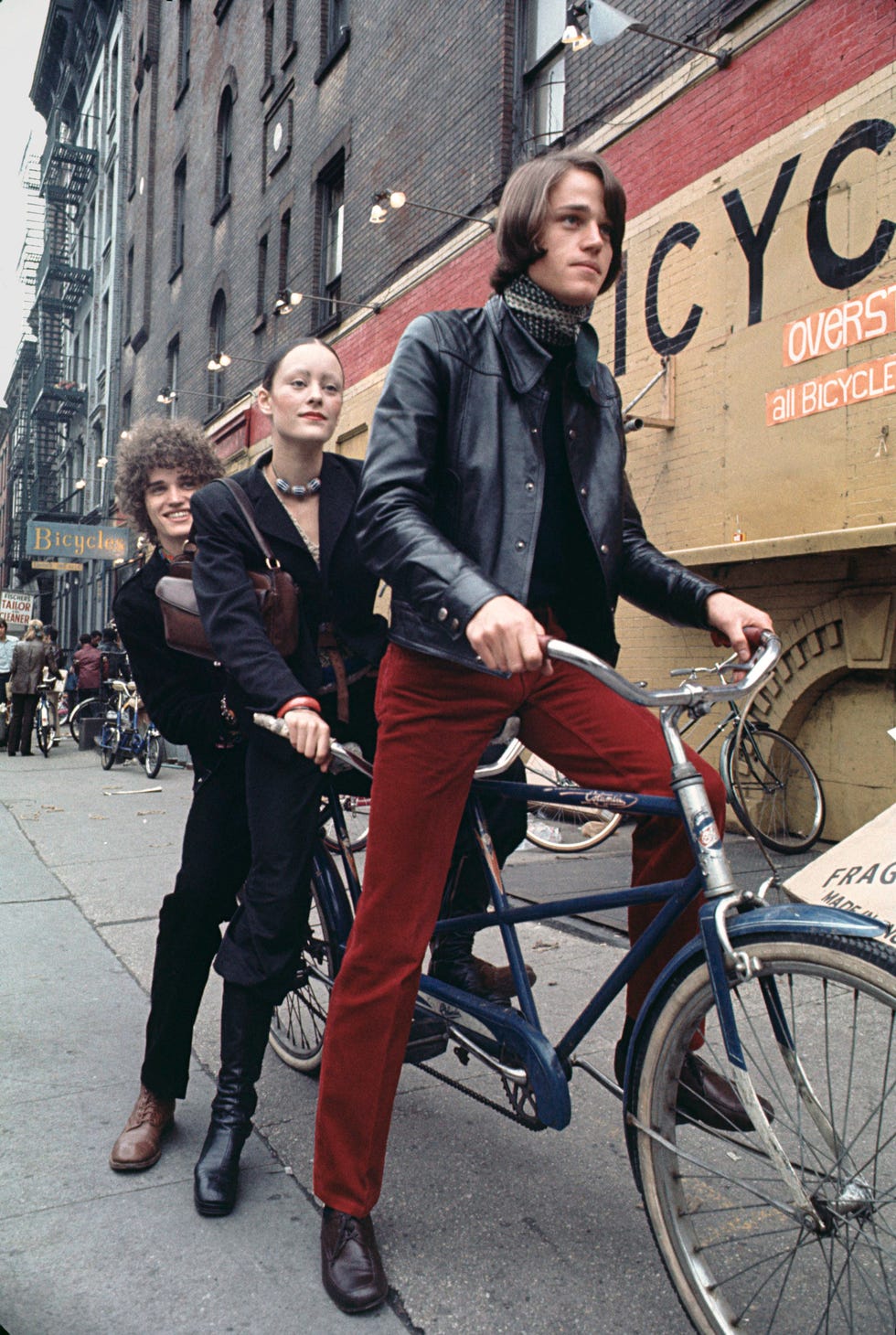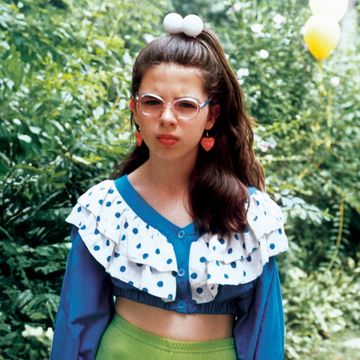The entry for July 29, 1984, in The Andy Warhol Diaries reads, “We went out to the Brants’ big spread in Greenwich. Jed decorated the house and everything and it was my first time seeing it. Rolling hills and white columns. It’s impressive… And I went into the big room where they had a Marilyn over the mantel in a gold frame and it looked just beautiful. Really beautiful. It looked like a million dollar painting…so right in that room with all the America stuff.”
Before the Brant house (a virtuoso replica of Mount Vernon by architect Allan Greenberg, decorated by Jed Johnson), classical architecture, if attempted at all, resembled a cartoon. With the Brant house a movement began to faithfully interpret the forms and details of traditional buildings undistorted. Before the Brant house, modern paintings were seen in modern architectural environments; after the Brant house, Pop Art—seen for the first time against Georgian paneling—came into the fullness of its inheritance and power to signify. And so on.
There are houses that are game changers; Johnson, who died in 1996, put this one at the top of that list. These rooms were the next steps for the style Johnson had developed in the Upper East Side townhouse he shared with Andy Warhol, and they showed the possibility that American classical architecture could be radical as well as patrician. Johnson’s interiors made this vocabulary of design as cool as it was stately, and they have remained influential ever since White Birch Farm was completed, in 1983. The Brants’ version of Mount Vernon changed the way people of means wanted to live. It also did more than any other building of its time to make classicism be taken seriously.
Between a lesser decorator and architect there might have been tensions, but as Greenberg makes clear in the comments he contributed to Jed’s book—reissued this spring by Rizzoli and excerpted here—the architect knew he was in the presence of a talent that would ultimately make this house, as he generously put it, an instance of 1 + 1 + 1 = 4. —David Netto
When Jed Johnson’s good friends Sandra and Peter Brant asked him to design the interiors of the grand new house being constructed at their White Birch Farm, in Greenwich, Connecticut, he was overwhelmed by the prospect of such a major project, but architect Allan Greenberg designed the house, so he knew the proportions and details would be correct and beautiful. It was a new challenge.
Mr. Greenberg has recently written about their collaboration:
“In designing and decorating the interiors of a new house, it is sometimes possible to make 1 plus 1 plus 1 equal 4. This occurs when owner, decorator, and architect are able to collaborate and to pool their intelligence and experience. The result is a bonus: A more intense level of coordination animates both the interior architecture and the decor.
“At White Birch Farm, Jed and I were blessed with amazing clients. Sandy and Peter Brant loved architecture, and they had assembled a significant collection of paintings and decorative arts, modern art, and Art Deco furniture.
“Jed often attended the early planning meetings. I was struck by his gentle demeanor and careful choice of words. He seemed to be aware of a tension between the words he chose and their limited ability to express his views and feelings. Observing him I recalled an old Dutch aphorism: Stille water, diepe grond, onder loop die duivel rond [Still water conceals a deep well, and underneath the devil is walking around].
“Collaboration became more intense as we moved on to studies of room elevations and decorative detail. We quickly resolved questions of the placement of registers, switches, and doors in relation to the furniture layout in each room. Observing Jed and Sandy discuss the placement of furniture and the selection of fabrics, light fixtures, carpets, and ceramics, I sensed that Jed was conceiving interiors that would be better than I imagined possible. When the house was finished, I was privileged to observe that my architecture had assumed a new aura through its dialogue with Jed’s magical interiors.”
Reprinted with permission from Rizzoli from the new edition of Jed Johnson: Opulent Restraint, published in April 2023.
This story appears in the May 2023 issue of Town & Country. SUBSCRIBE NOW





















